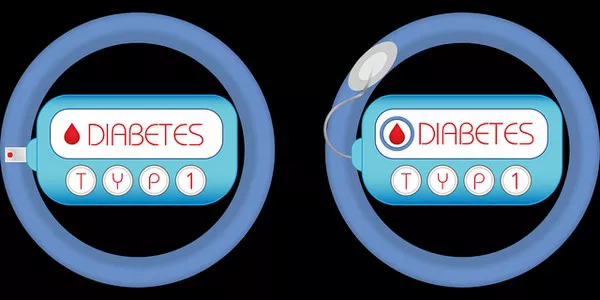Community pharmacies play a crucial role in patient care, particularly in managing chronic conditions like diabetes. Evidence suggests that pharmacist-led interventions significantly improve outcomes for patients with type 2 diabetes, enhancing HbA1c levels and reducing overall healthcare costs.
Jon Easter, Vice Chair of Practice Advancement at the UNC Eshelman School of Pharmacy, highlighted the efficacy of these interventions during the 2024 National Association of Chain Drug Stores (NACDS) Total Store Expo, held from August 17 to 19 in Boston. According to Easter, pharmacists have long excelled in diabetes management, achieving notable clinical and economic benefits. “We’ve been doing diabetes interventions in pharmacy for a long time—and we’re really good at it,” Easter asserted. “We see lower costs and better clinical outcomes.”
Easter’s upcoming session, co-presented with Jasmine Perry, PharmD, CPHQ, Senior Clinical Pharmacist at Blue Cross and Blue Shield of North Carolina, will explore how research on diabetes care can drive impactful changes in healthcare. The focus will be on translating successful interventions into sustainable, scalable programs within community pharmacies.
Key to this transition is integrating diabetes care into pharmacy workflows effectively. Easter emphasized the need for comprehensive support systems to enable pharmacists to adopt new service models. “How do we integrate that into workflow?” he asked. “How do we create online training? How do we help pharmacists pivot to these new types of models in a sustainable way?”
Easter underscored that readiness is crucial for successful integration. Pharmacists are adept at dispensing medications but are often overwhelmed with their current responsibilities. Providing support through resources, training, and personnel is essential for enabling pharmacists to adopt and implement new services effectively.
Related topics:
Harvard Scientists Link Red Meat Consumption to Increased Diabetes Risk
Scientists Unveil ‘Smart Insulin’: A Revolutionary Breakthrough in Diabetes Management
New Molecular Insights into Bariatric Surgery’s Impact on Obesity and Type 2 Diabetes


























